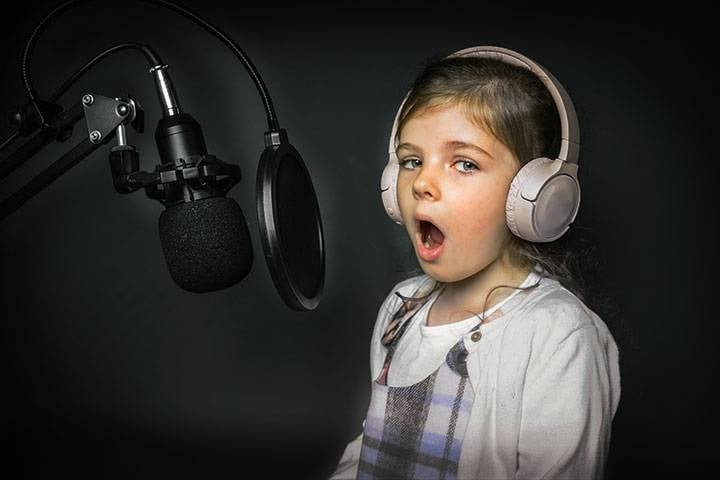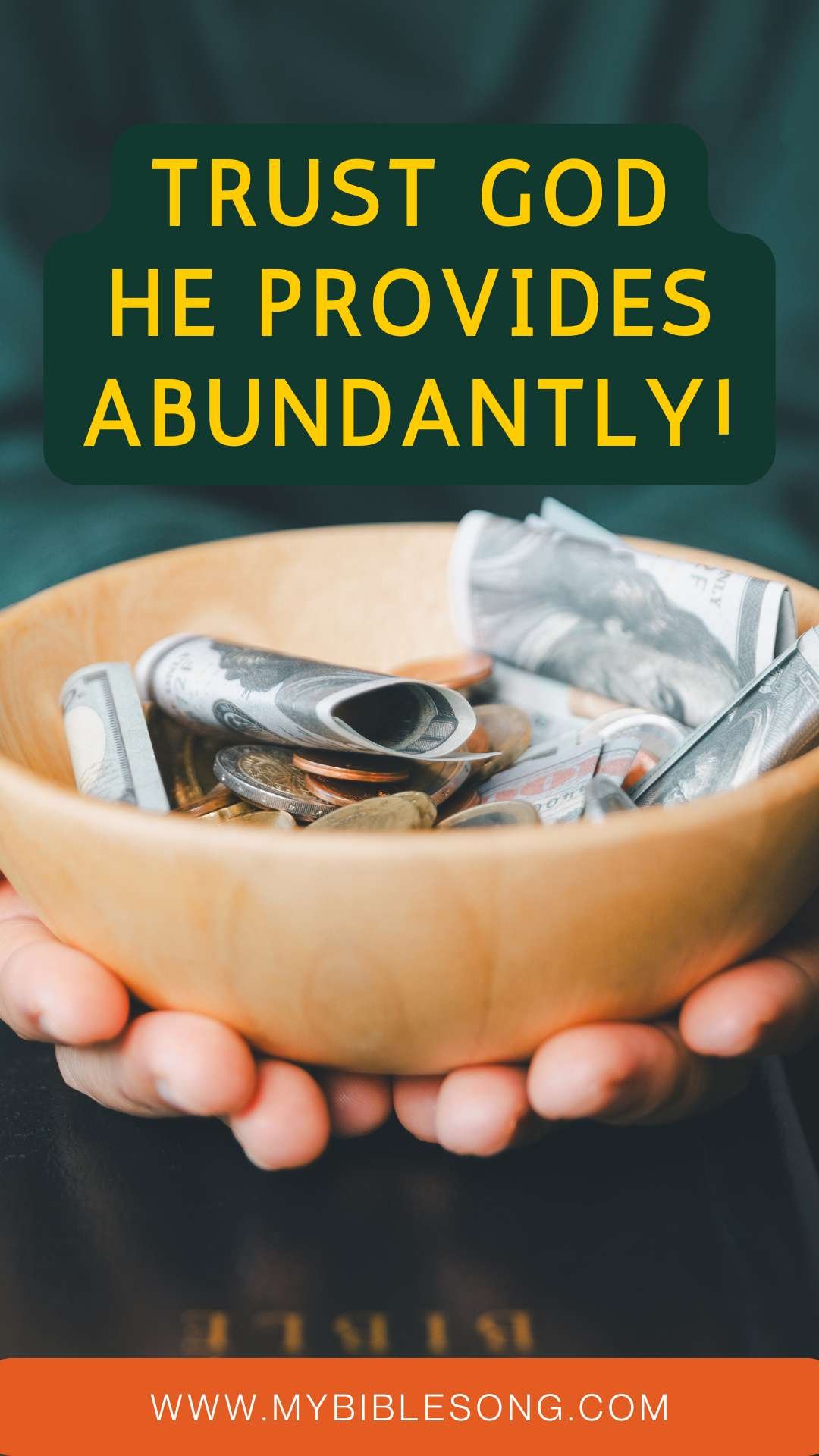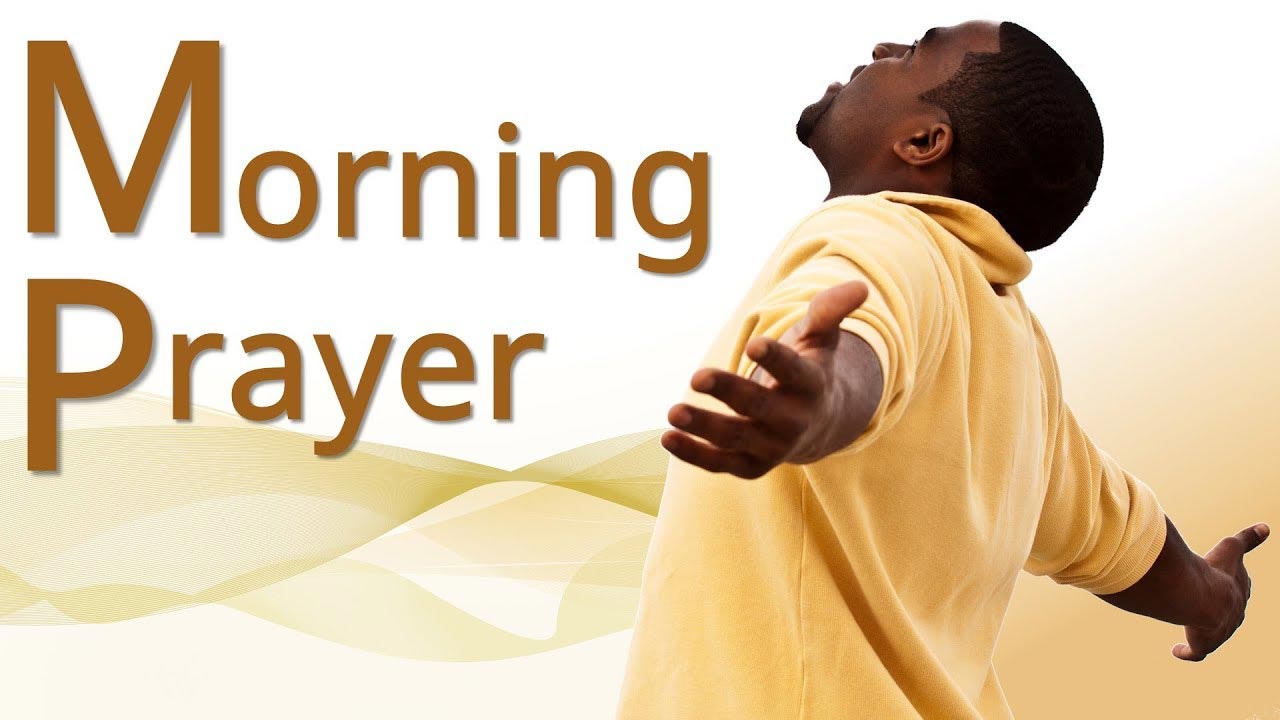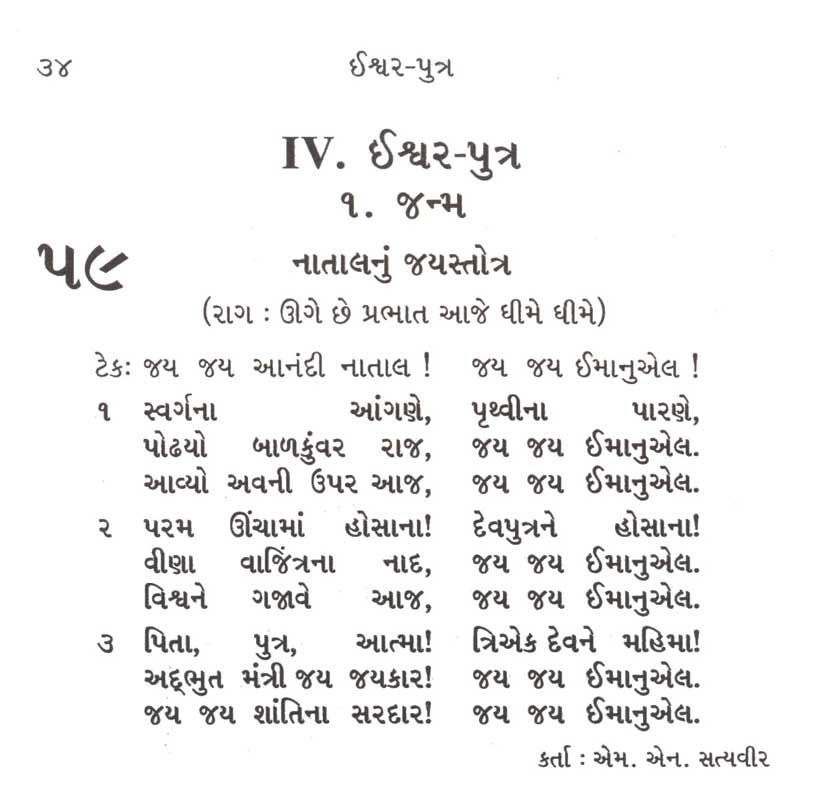27 Jun Legends of Gospel Sound: Iconic Gospel Musical Instrument Players Who Shaped Music History
Gospel music wouldn’t shine without its incredible gospel musical instrument players who brought depth, emotion, and innovation to the genre. From soulful piano chords to electrified guitars and stirring trumpet solos, these instrumentalists helped gospel evolve into styles like blues, jazz, and rock.
In this article, we’ll explore how instruments shaped gospel and other music styles, meet the legends like Thomas A. Dorsey, Sister Rosetta Tharpe, and Phil Driscoll, and see why their music matters today. We’ll also learn about female pioneers, world influences, and how these legends inspire music learning worldwide.
Let’s dive into their stories to understand the true power of gospel instruments and the musicians who played them.
Table of Contents
The Impact of Instrument Players on Music Genres
Instrumentalists have connected gospel to other music styles like blues, jazz, and rock. Their creativity made gospel more expressive and far-reaching.
Gospel Meets Blues and Jazz
Thomas A. Dorsey began in blues piano and later composed gospel songs like “Take My Hand, Precious Lord”—blending soulful jazz with powerful lyrics
Guitar Goes Electric
Sister Rosetta Tharpe electrified the gospel guitar in the 1930s, paving the way for rock & roll.
Trumpet and Organ in Worship
Phil Driscoll, a trumpeter and keyboardist, won Grammys for gospel performances, showing how brass instruments elevate worship.
Pioneers of Classical Music: From Bach to Beethoven
Classical instrumentalists didn’t play gospel, but their structures, harmony, and precision laid foundations. Gospel musicians learned these musical rules and mixed them with emotion and improvisation.
Classical Foundations
Lessons in piano, organ, violin, and harmony helped early gospel musicians structure songs with emotional depth.
Improvisation Bridges
Classical training prepared players to add personal touches—melodies, solos, and flair—when gospel was paired with jazz or blues.
The Evolution of Jazz: Influential Instrumentalists
Gospel and jazz share roots in blues. Musicians experimented with rhythm, harmony, and emotional solos in both styles.
Gospel Influencing Jazz
Artists like Reverend Gary Davis brought sacred guitar work into jazz and folk earlygospel.com.
Jazz Shines in Gospel
Gospel organists and pianists added jazz chords and improvisation to church services, enriching worship with free-flowing solos.
Rock ’n’ Roll Revolution: Iconic Guitarists and Drummers
Electric guitars and full drums transformed gospel into lively, foot-stomping sounds. Those musicians inspired rock legends.
Sister Rosetta Tharpe—Godmother of Rock
A pioneer of distorted, electric guitar playing, she linked gospel to early rock and influenced icons like Chuck Berry and Elvis Presley, pitchfork.com.
Rhythm from Church
Gospel drummers brought energy with syncopation and grooves, influencing drumming in R&B, soul, and rock bands.
The Role of Instrument Players in World Music
Gospel’s influence travels across continents. Instrumentalists blend gospel with Afrobeat, Latin rhythms, and folk.
Sacred Steel in America
Robert Randolph plays gospel on the pedal steel guitar—mixing R&B, blues, soul, and funk en.wikipedia.org.
Global Guitar Influences
Gospel guitar styles have merged with Latin, African, and Asian music, bringing joy and faith across cultures.
Female Trailblazers: Women Who Changed the Music Scene
Women musicians broke barriers and influenced gospel’s sound with instruments and vision.
Mahalia Jackson
While mainly a singer, her performances were shaped by gospel pianists and organists, lifting the spirit of worship
Sister Rosetta Tharpe
She wasn’t just a guitarist—she wrote, sang, and led her band boldly into jazz clubs and on tours.
Modern Women in Gospel
Female instrumentalists like organist Barbara Baker are keeping women’s presence alive in gospel music.
Modern Icons: Contemporary Instrument Players Making Waves
Today’s gospel instrumentalists are keeping the tradition alive—and adding new colors.
Phil Driscoll
Trumpeter, vocalist, and composer, winning multiple Grammys and Dove Awards, influencing both gospel and patriotic music scenes.
Robert Randolph
Pedal steel guitarist blending gospel with funk and soul—earning Grammy nods and global praise.
Emerging Stars
Artists from gospel quartet revivalists to organ virtuosos bring fresh styles and youth energy to the genre.
How Instrument Players Influence Music Education
Music schools and church programs often use gospel instruments to teach harmony, improvisation, rhythm, and worship skills.
Learning by Playing
Students learn gospel piano or guitar from simple hymns to advanced solos, growing musical skill and spiritual depth.
Gospel in Schools
Colleges include gospel into their curriculum, teaching history, technique, and ensemble playing to future musicians.
In Conclusion, The Lasting Legacy of Iconic Instrument Players. Gospel musical instrument players shaped music through emotion, creativity, and faith. From early piano and guitar pioneers to trumpet stars and modern soulful steel guitars, these musicians have influenced classical, jazz, rock, and world music.
Their instruments spoke hope and worship across generations, cultures, and genres. They built a musical legacy that inspires us today—and invites us to keep playing, learning, and celebrating faith through music.
FAQs About Iconic Gospel Musical Instrument Players
Who is considered the Father of Gospel Music?
Thomas A. Dorsey (1899–1993) blended blues piano with gospel lyrics and composed over 3,000 songs, including “Take My Hand, Precious Lord”.
Why is Sister Rosetta Tharpe called the Godmother of Rock ’n’ Roll?
Her electric guitar style and gospel-rock fusion influenced early rock stars like Chuck Berry and Elvis Presley.
What makes Phil Driscoll an important gospel instrumentalist?
As a trumpeter and vocalist, he earned Grammy and Dove Awards, showing how brass and keyboards bring power to gospel worship.
How did gospel instruments influence rock and jazz?
Gospel rhythm, improvisation, and electric guitar solos carried gospel’s spirit into jazz and rock through pioneering instrumentalists.
Can kids learn instruments using gospel music?
Yes! Gospel offers simple hymns and soulful solos that teach chord progressions and expressive playing, making it ideal for students.
















No Comments